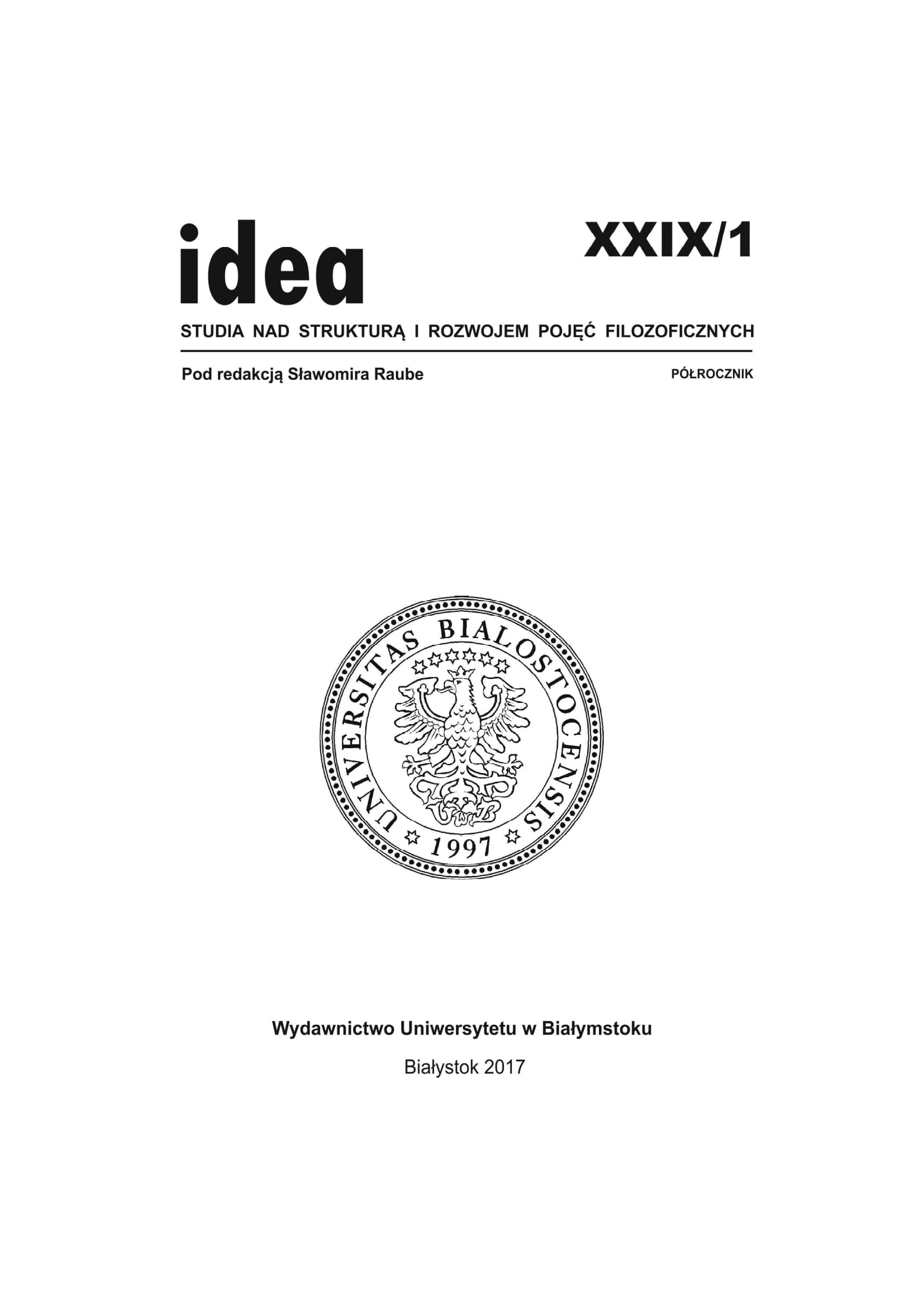Hedonism and Indian philosophy of peace: An examination
Hedonism and Indian philosophy of peace: An examination
Author(s): Aditya Kumar Gupta, Kanika SarafSubject(s): Philosophy, Non-European Philosophy, Indian Philosophy
Published by: Wydawnictwo Uniwersytetu w Białymstoku
Keywords: hedonism; life; pleasure; pain; tragedy; peace; human being
Summary/Abstract: This paper deals with critical analysis of western hedonism in the light of Indian theory of peace. Indian Philosophers have made ‘peace’ the goal of worldly human life, which is keeping equidistance from pleasure and pain. Attachment is the reason behind the presence of these two ‘sovereign masters’ of Human life. External thing or any other human being is not capable of indulging us either of them; it is the worldly attachment which brings Pleasure and pain. Pleasure and pain always come together. Western Hedonists could not go to the root of pleasure or pain in life. Their observation was mere empirical. Indian thinkers, except those of Carvaka school, have given a particular philosophy which is Peace oriented and which finds worldly pleasures or pains temporary and mostly ‘man-made’.
Journal: Idea. Studia nad strukturą i rozwojem pojęć filozoficznych
- Issue Year: 1/2017
- Issue No: XXIX
- Page Range: 349-356
- Page Count: 8
- Language: English

